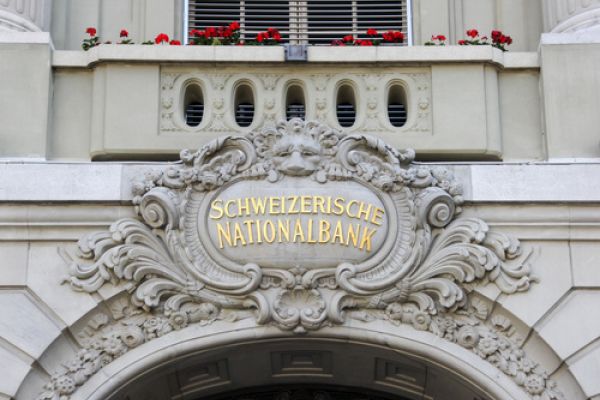
Raising interest rates by the SNB – what’s the plan? How will it influence the Euro Franc exchange rate?
February 11, 2019Raising interest rates
It is almost certain that the Swiss National Bank will decide to raise interest rates in 2020. The last time rates were raised was all the way back in 2007, a long 12 years ago. In the meantime, the financial crisis of 2007-2008 struck and forced the SNB to keep negative interest rates. Such scenario is reserved for the worst of time in economy. As the crisis is over, it is time to act, and probably the change will come next year. More interesting though than “when”, is the question “how” the SNB plans to go ahead with interest rates hike.
How it used to be…
Before the financial crisis, the SNB was guiding interest rates with repos, meaning repurchase agreements. Commercial banks had structural liquidity deficit which meant they had to borrow money from the SNB to be able to meet minimum reserve requirements as set by the institution. This was achieved via repos and the price of these were set by the SNB – prices were in fact interest rates. It all worked fine as the liquidity deficit was firm in the place. However, these days it is not the case.
Repos won’t work
Currently banks have excess liquidity – actually a massive one. It is all thanks to the SNB itself that made numerous foreign exchange interventions. The SNB can’t fully control the market nowadays and repos won’t just work. What other instruments can the Swiss National Bank use? Probably the only option it has are the SNB bills: national bank, interest-bearing securities in the form of bonds. Repos could work effectively due to commercial banks’ liquidity deficit and the SNB bills can be of use due to their excess liquidity. Banks would like to get rid of this excess – it yields zero to negative interest rates. It is not easy though, as all the banks struggle with excess – there is no one to sold money to. Here comes in the SNB bills. Investing in these papers will be attractive to commercial banks as they can change reserves that bear no interest for interest-bearing bonds – the exchange rate of such transaction will become banks’ benefit. As a result, commercial banks will have less liquidity and the shortage of reserves will result in higher interest rates. The other factor leading to interest rates will be the fact that in such scenario the banks will invest money at rates chosen by the SNB. They won’t prepare the same excessive reserves for a loan at a lower rate to other banks as they will change it for the SNB bills at a higher one. It means interest rates will have to increase.
SNB bill: is it on the cards?
The solution to raising interest rates seems to on the table, but will it be process in such way? Probably yes, as there signs already that the SNB tends toward using the SNB bills. In 2009 the SNB President Thomas Jordan stated that the SNB bills will have important role to take on in the process of transition to regular management of interest rates. Many high officials with relations to the bank’s board often mentioned advantages of the SNB bills that include their transferability to third-parties, also these that are not banks. The SNB already tried the bills in years 2008-2011 when around CHF120 billion were outstanding to control the supply of money in the system. The SNB called the issuance of first bonds back then as test operations.
Possible effects on the euro-franc exchange rate
A possible increase in interest rates would of course have a major impact on the EUR CHF exchange rate. Higher interest rates make investing in Swiss francs more attractive compared to other currencies. This, of course, pushes the euro exchange rate, which would be particularly beneficial for frontaliers, as it would be easier to buy euros at a good exchange rate. Changing swiss francs to euros would be cheaper. However, it would mean a bad euro rate for exporting Swiss SMEs. For them, a strong franc means that the exported products or services either become more expensive or margins fall because of the low EUR CHF exchange rate.
With exchangemarket.ch you can exchange francs to euros, relying on a favorable exchange rate. With the online currency converter from exchangemarket.ch you can always compare the current exchange rates at banks and at ExchangeMarket.ch and find the best Swiss Franc Euro rate in Switzerland.

